Two Words Firefighters Don’t Want To Hear
What are two words firefighters don’t want to hear?
Portion control!
That’s right. This goes against the usual dinner philosophies we usually see and hear.
When I started cooking for the guys at work, they liked the food, but didn’t like my portion control plating. Then one night I decided to try a little something different with our meal of Chicken Parmesan.
I tricked them!
I cut the chicken breasts in half, and when they thought they were eating two, they were actually eating only one.
And you know what? They were full!
Sometimes perception is everything.
What Is Portion Control And Where Do You Start?
So what does portion control entail, and why is it so important?
Portion control involves simply cutting back on what you put on your plate. You don’t have to count calories. You don’t have to necessarily cut out all that you love. You just need not eat so much.
Do you know what a normal serving size is?
You can use the example I recently found in WebMD. They suggest the “portion your plate” method. Half of the plate should be fresh colorful vegetables, a fourth of the plate should be a 3 oz piece of meat, and the other fourth should be a starch. Pretty simple isn’t it?
There are many sites out there on the web to help you get an idea of how much a serving is, such as www.choosemyplate.gov where you can look at the labels that have to be on the food we buy. This can help you plan your meal and portions better.
We just do not need so much food to survive. Eating a well balanced meal is what will get us through the day. Adding unneeded calories; putting on extra weight and fat is not.
Our Job Is Important!
This is based on our activity. The more active we are the more we can eat. But this still doesn’t mean you should go back and fill up your plate a second or third time.
Remember a larger portion can mean a build up of fat later making our jobs as firefighters much more difficult.
Our movements and reflexes become slower and diminished potentially impacting firefighting operations. Essentially you become more of a danger to yourself and your brother and sister firefighters when you can’t adequately do your job.
So when you sit down at the next meal, either at home or at work, look at what you have in front of you. Think about what we talked about here and make that new choice and cut back.
It’s a win win for everyone.
Cover and Feature Photo Courtesy: Buffy Schilling

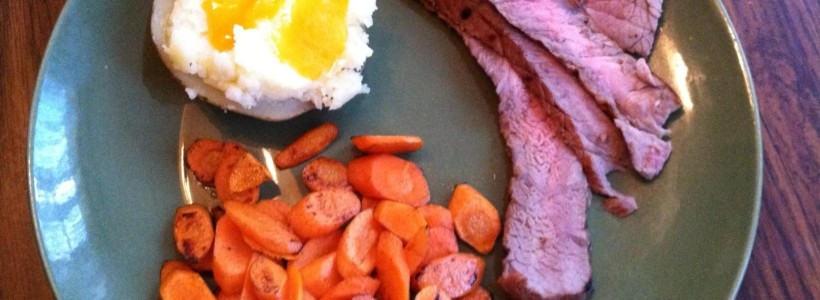
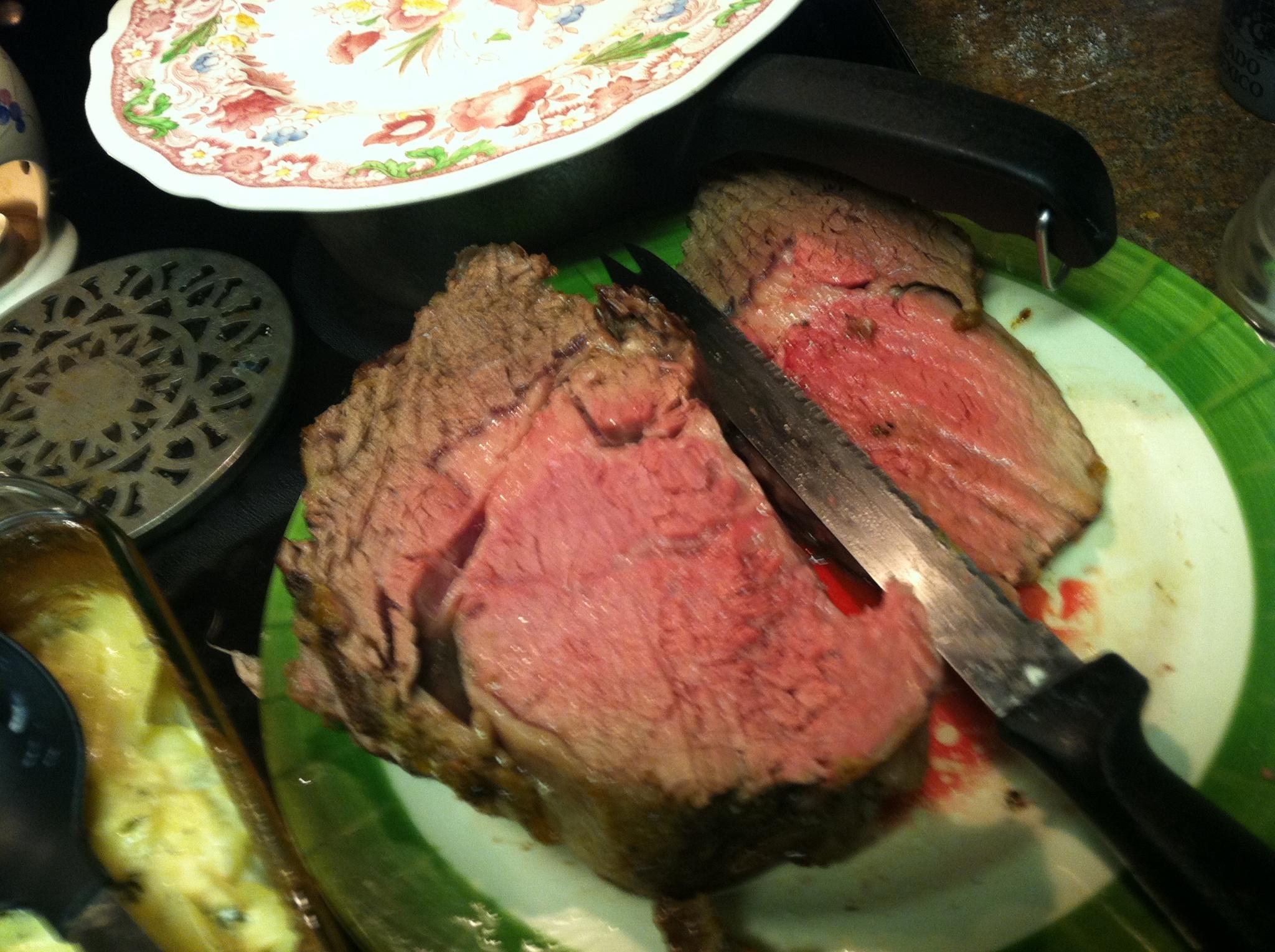

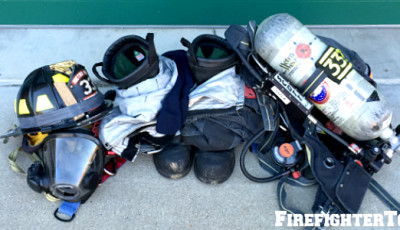
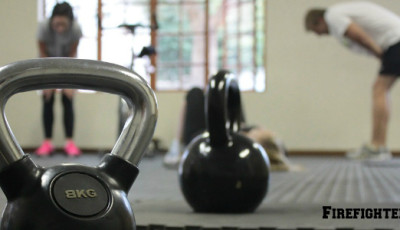

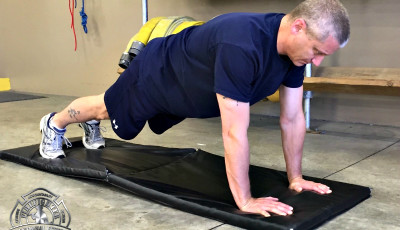
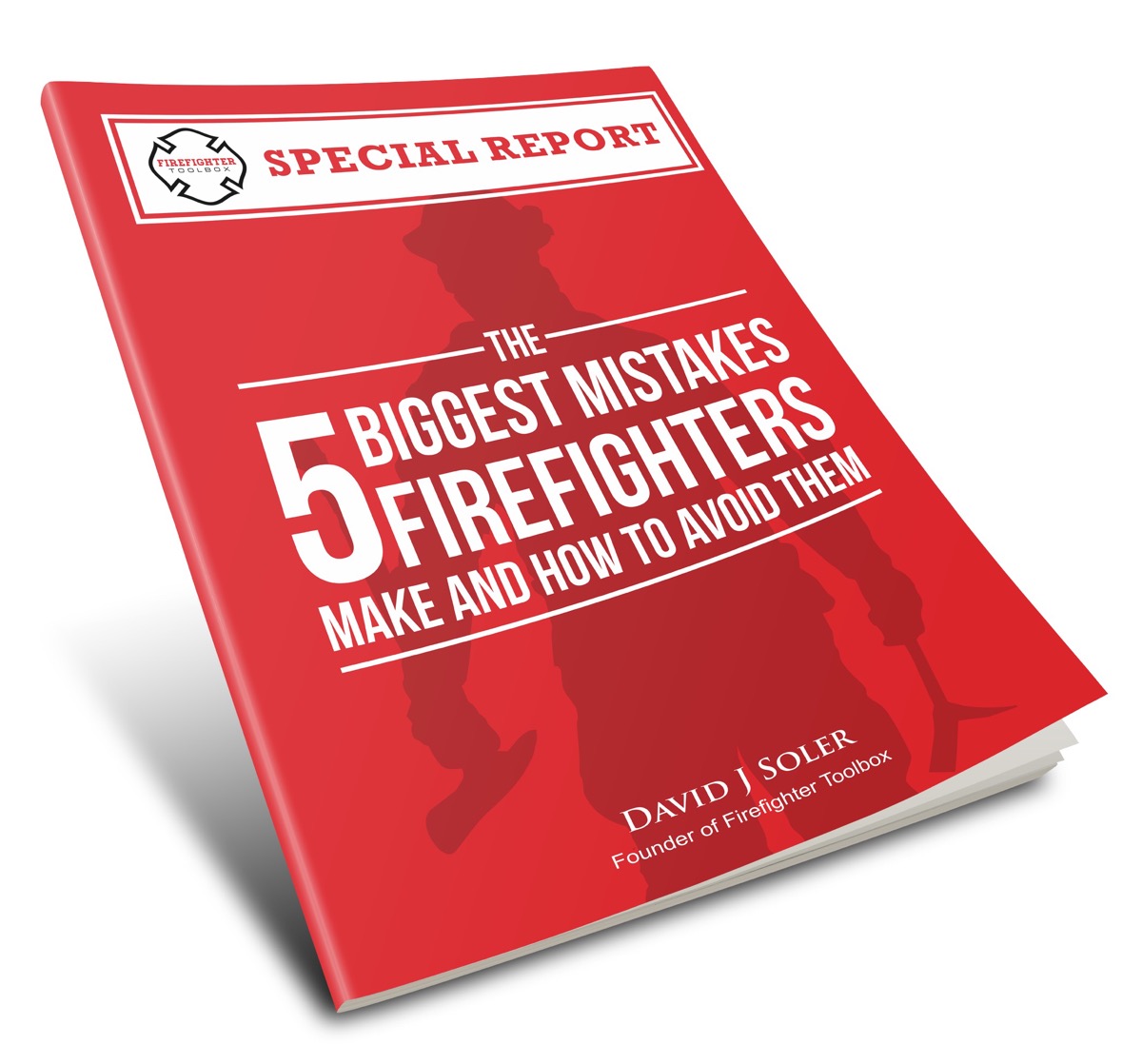



Hi there! Just as a nutritionist re-certifying for dietetic internships, I wanted to add one thing.
Portion control is a huge issue in every person’s diet (And yes half veggies, 1/4 meat, 1/4 starch is a good place to start).
Yet, as a FF energy requirements are individual based on many things – body type, current BMI, activity level, amount of fire calls in a day/week/shift – it is important to make sure to see a RD or professional or keep track of how much you need as well as if you are covering all the essential macro and micronutrients necessary for the average person as well as for special needs a FF has (think hydration and potassium/sodium/glucose) etc.
Fantastic place to start but if there are any concerns about weight – high or low – a great place to start is a Registered Dietitian that can calculate your energy requirements as well as support you through any diet changes that might make you healthier and a better FF too.
My thanks to all the FF and those that support them. Truly they are heroes that don’t ever get recognized for their daily and family and social and physical sacrifices they make in that effect their lifetime.
Excellent article… but the first thing that almost made me bypass it was the tags at the top. Perhaps a way to gain attention but also a way to loose value.
“Tag: Diet and exercuse, Firefighter Fitness, health and wellmess”
Guilty….